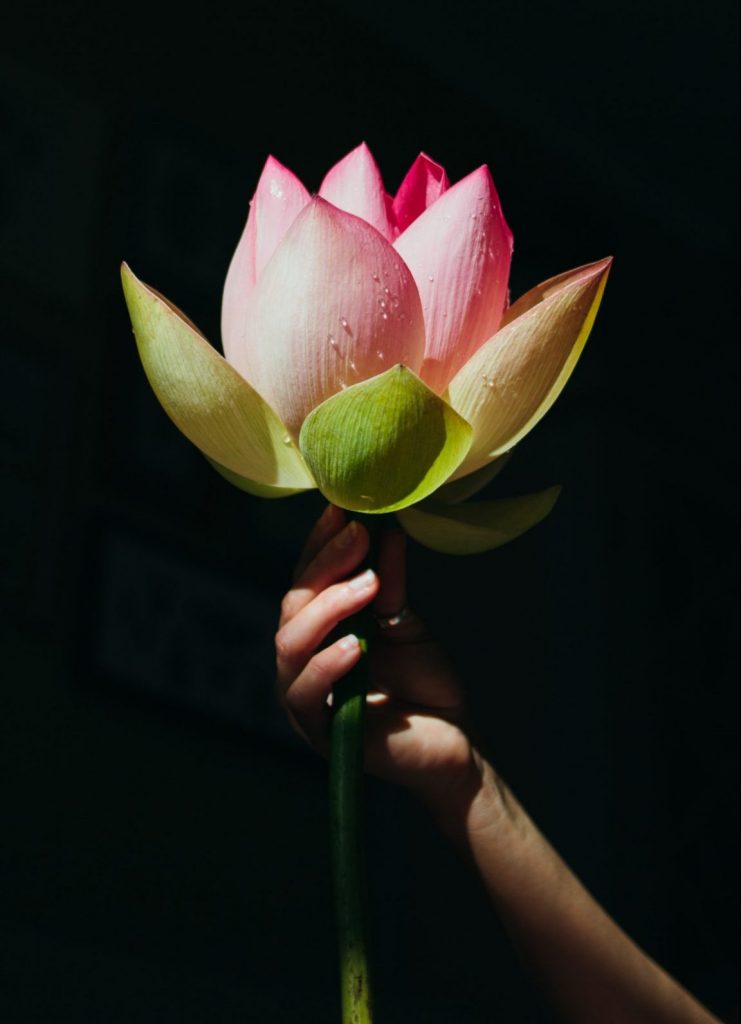I cry when I read the news periodically.
Graphic details of the war in Ukraine, disturbing reports of climate chaos, the racist mass shooting in Buffalo, New York here in the United States all remind me of the ignorance, hate, and violence in our world. It’s a lot to be with.
Making space for the truth of our feelings is essential for keeping the heart healthy and finding a wise response in this complex world.
The pain is valid. The grief is valid. The anger, fear, and emotional exhaustion are all valid.
I’ve been teaching this week in central Massachusetts, where spring is in full force: the trees are in bloom, the scent of lilacs fills the air, warm thunder showers roll through the afternoon. The other day, between retreats, I sat outside with a good friend, drinking tea and catching up about our lives.
The contrast between the beauty and love in my life and the deep human suffering in our world is hard to hold. It’s a continual reminder of my own good fortune, privilege, and the deep inequities in our world.
Toward the end of a recent call, one person asked just this: how do we hold the dissonance between gratitude for the blessings in life, and grief over the suffering and pain in our world?
The question is a koan for our times.
Both are true, and living in the tension and discomfort of this question invites the heart to open more fully.
It’s when we stop asking this question that I become concerned, for what are the alternatives? We either sink into despair, consumed by sorrow, or we turn away and ignore what hurts, focusing only on the goodness or distracting ourselves from the fear and pain.
Neither is an accurate perspective or a helpful response.
I am continually exploring the difference between true compassion and its decoys, sorrow and despair. I keep learning to recognize the difference between true equanimity and its false cousins, indifference and apathy.
I believe there’s no easy way forward, no simple answer to these questions.
The road to freedom is long and though we may feel helpless individually, we are not powerless. We can bring more goodness and love into the world through our words, actions, and choices. We can speak out against violence and oppression, and work together to pressure elected officials to make policy changes for more equity, dignity, and safety in our communities.
We don’t act if we’re lulled asleep by comfort or convenience, nor can we act if we’re overwhelmed with grief.
This is why we need to stretch the heart to include all of it. This is why we need both the immense beauty and gratitude for blessings in life to keep us afloat, and the deep sadness and grief to urge us to action.
♦
This article was originally published here on Oren Jay Sofer’s blog.
Thank you for subscribing to Tricycle! As a nonprofit, we depend on readers like you to keep Buddhist teachings and practices widely available.
